Artist: Bjork Album: Homogenic
Year: 1997Duration: 0:0-1
Bjork's Homogenic - A Musical Masterpiece or Mediocre Album?
Bjork, an Icelandic singer-songwriter, has always been known for her avant-garde music and unique vocals. Her third studio album, Homogenic, was released in 1997 and stood out for its innovative sound and themes. The album explored multiple genres, including electronic, experimental, and orchestral, and was a critical and commercial success.
In this post, we will dive deep into the history of the artist, the music genre of the album, the best songs of the album, the most innovative parts, and a critic of the album. We aim to provide both existing fans and new listeners with an understanding of why Homogenic has been considered as one of the best albums of all time.
Bjork started her career as a teenager singing in punk bands in Reykjavik, Iceland. She later joined the group The Sugarcubes, which gained mainstream success in the late 80s and early 90s. Bjork went solo in the mid-90s and became known for her unorthodox style and her ability to blend different genres to create a unique sound.
Homogenic is considered an electronic or avant-garde album, with elements of classical and experimental music. It was produced by Bjork, Mark Bell, and String arranger Eumir Deodato, among others. The album's sound was inspired by Icelandic landscapes, the country's folklore, and Bjork's personal experiences. Tracks like Hunter, Joga, and Unravel are examples of the album's themes of love, sacrifice, pain, and self-discovery.
The album's standout tracks include All is Full of Love, Bachelorette, and Joga. All is Full of Love is a slow and ethereal song about love being the answer to everything. The song features Bjork's enchanting vocals, a minimalistic beat, and a music video directed by Chris Cunningham that features two robots in love. Bachelorette is an epic and cinematic track that tells a story of a woman seeking freedom and independence. The song features an orchestra, choir, and a video directed by Michel Gondry that involves the use of stop-motion animation. Joga is a personal and introspective song about Bjork's relationship with her homeland and her mother. The track features an Icelandic choir and a string section composed by Eumir Deodato.
Apart from the excellent tracks, the album's most innovative part is the use of sounds and vocals to create a unique sonic experience. For instance, on Bachelorette, Bjork's voice is layered to create a chanting effect that adds a sense of grandeur to the track. On Unravel, her vocals are distorted and reversed, creating a haunting atmosphere that fits the song's theme of emotional unraveling.
Critics of the album have argued that some tracks are too experimental or lack a cohesive sound. For example, Pluto is a loud and chaotic track that some listeners might find unlistenable. Also, the album's use of different genres and themes might be overwhelming for some listeners who prefer a more straightforward sound.
Homogenic remains a crucial album in Bjork's career and an essential piece of avant-garde and electronic music. Its themes and sounds have influenced many artists and sparked conversations about personal growth, nature, and freedom. While some tracks might be too experimental or lack coherence for some listeners, the album's standout tracks and innovative use of sounds and vocals make it a must-listen for all music lovers.
Other #Electro pop albums:
SIMILAR BANDS
balls, from 1 to 5, describe similarity between the two bands
SOMETHING NEW? LISTEN TO RADIOGENRE
 Estremometal
Estremometal Reggae
Reggae Berlin Music Video Awards
Berlin Music Video Awards Soundtrack
Soundtrack Electro dub
Electro dub Dance pop
Dance pop Big beat
Big beat Grunge
Grunge Drone doom metal
Drone doom metal Underground music
Underground music
SUGGESTED PLAYLISTS


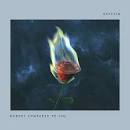







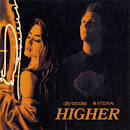

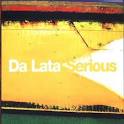




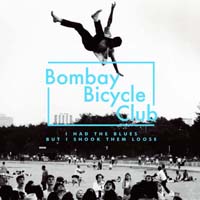

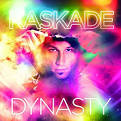
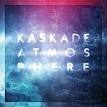
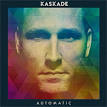





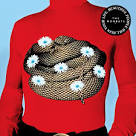

 Acid Jazz music
Acid Jazz music The very best of punk
The very best of punk Finding God in music
Finding God in music Travel Soundtrack, music for a trip
Travel Soundtrack, music for a trip Music for a lounge bar in front of the sea
Music for a lounge bar in front of the sea Black Cat, White Cat
Black Cat, White Cat The very best of rumba
The very best of rumba Just before the sunrise
Just before the sunrise The very best of death metal
The very best of death metal The desert, quietly
The desert, quietly